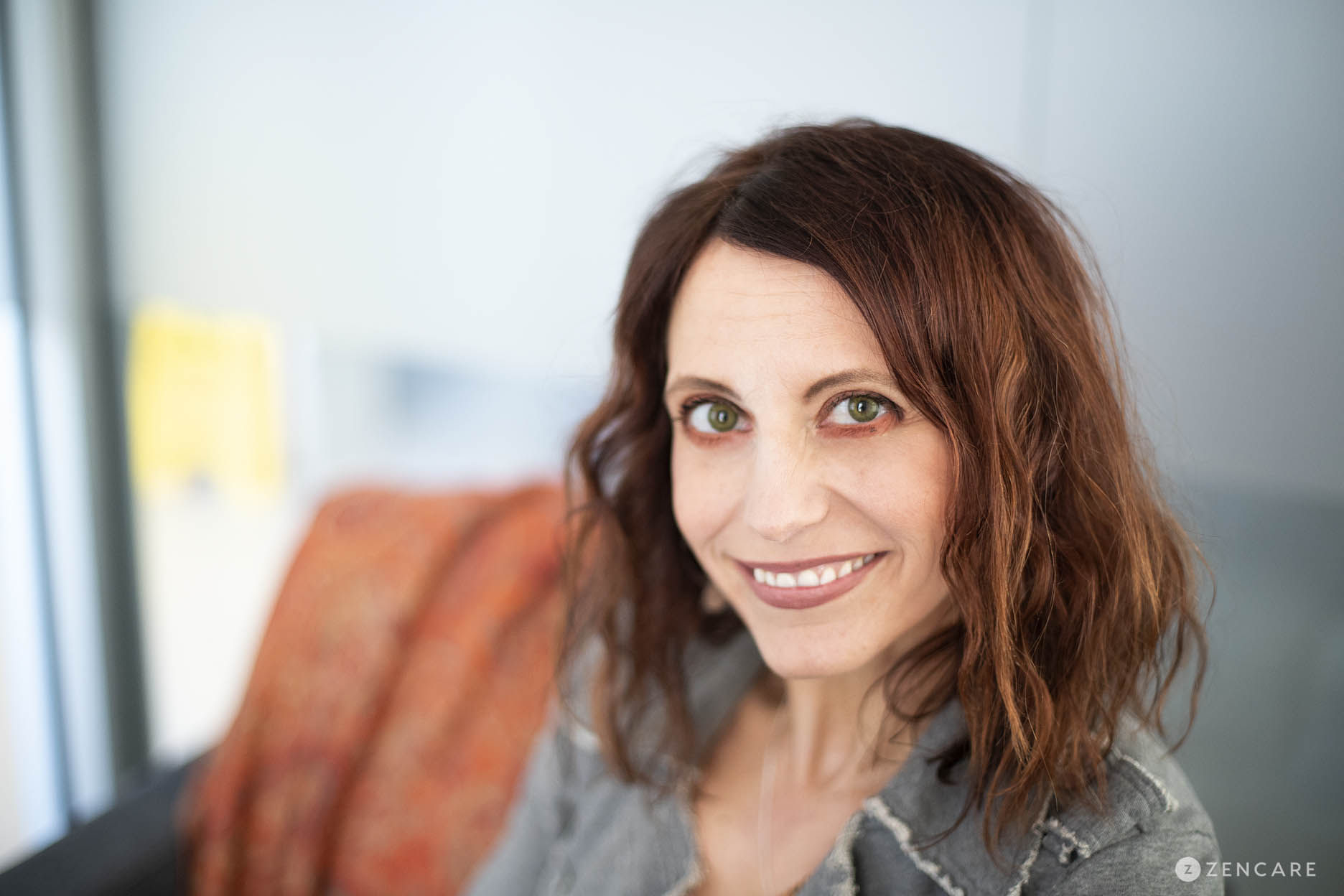Recently, while sitting on an airport shuttle, I overheard an interesting conversation. A gentleman in his 70’s was chatting with a younger couple. He spoke of his career as a truck driver and the benefits he enjoyed from this type of work. He spoke about the autonomy, the travel, and the freedom. He then chuckled as he confessed, “It also gave me a little time away from my wife.” The other couple laughed and the woman said, “Yes, a little time apart from each other can be a good thing.”
The gentleman agreed that it must be, as he and his wife were coming up on their 49th wedding anniversary. It was then I smiled to myself, reminded of my frequent thoughts about sustainability in relationships. He went on to say that for about 25 years of their marriage, they saw each other mostly on weekends and holidays, due to the nature of his job. Clearly, not a codependent relationship, as no codependent relationship could survive that kind of separation. I can make no assumptions that this man’s marriage was a happy and healthy one, just because they were married for 49 years. The reality is, divorce among his generation was not a considered option. But, if I had to make an educated guess; this man seemed to be at peace and content with his marriage.
So, what does this mean for understanding sustainability in relationships?
This is a popular subject that comes up frequently, both inside and outside of my office. How do we attract, nurture and enjoy a sustainable relationship; one that bends instead of breaks, one that grows together instead of grows apart, one that keeps passion and newness alive, instead of becoming stale and uninterested? A true partnership; one that serves as a foundation for each individual to achieve their greatest potential, individually and collectively. A relationship that is rooted in truth, compassion, and accountability.
A codependent relationship is usually not sustainable. And those that do survive, are often disconnected and unfulfilling. Codependency develops when one or both individuals’ happiness practices are dependent upon the other and/or specific conditions in the relationship. Instead of being equally responsible for their own happiness practice, they become enmeshed in trying to control their partner or the variables within their relationship. Individual needs are often over compromised and under communicated. This type of martyrdom can lead to resentment, as it creates an imbalance in the relationship. Unfortunately, codependency seems to be the relational model in our culture and perhaps, a contributing variable to the rise in divorce rates over the years. We seemed to learn that our happiness is dependent upon other people or on specific conditions. Hearing phrases like, “You complete me,” or “I can’t be happy without you here,” sounds romantic, but they are perfect examples of what we have been misled to believe about relationships and our happiness in them.
It’s important to note that every relationship is as different as the individuals who comprise it. But, in my observations, some of the most successful relationships, are those that have a clearly defined space to breathe. Like a fine wine, relationships need some space to open; to flourish and expand. It’s within this space, that each individual quality is accentuated. And when blended together, they create a beautiful experience to be savored. There’s not an exact science to the nature of relationships, nor is there an exact formula to follow. But one thing seems clear to me, the codependent model of relationship is no longer working for people. Our relationship model needs to evolve, or perhaps, we need to stop focusing on what we think we should or shouldn’t do.
So, what’s the answer then to creating a sustainable, joyful relationship? Well, first, it begins with the individual. Balanced individuals co-create to make balanced relationships. Balanced individuals are self-aware, flexible, and clear minded about their values. This kind of emotional maturity allows for a collaborative blueprint to be created. One that is made up of specific norms and agreements, that are based on the couple’s goals and vales. Many people feel pressured into making relationship agreements that don’t work for them. They simply fall into relationship patterns that were modeled for them or follow standardized norms, without considering whether they will fit within their individual and shared value systems.
The achievable, most realistic agreements, are the ones that are co-created with our partner, influenced by shared values and goals, rather than the opinions and judgments of others. Couples benefit immensely by working together; practicing direct and open communication. This encourages fluidity, balance and resiliency. Relationships that honor and respect each other’s individuality, while prioritizing the shared values of the relationship, grow and thrive. Healthy communication practices and self-awareness are two key factors in the foundation of any healthy relationship, whether it be an intimate relationship or a professional one. Thankfully, both of these skills can be learned.
I left the shuttle feeling grateful for overhearing this conversation. I’ve always been a believer, and sometimes a dreamer, in the concept of sustainability in relationships. Despite what I have seen in my professional and personal life, it’s unexpected moments like these, that reaffirm my hope in the belief that all things are possible, with self-awareness, humility and love.
Originally published at imanlkhan.com


